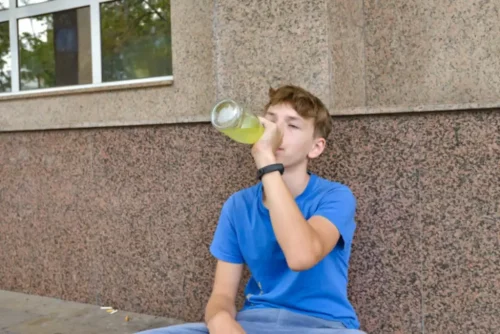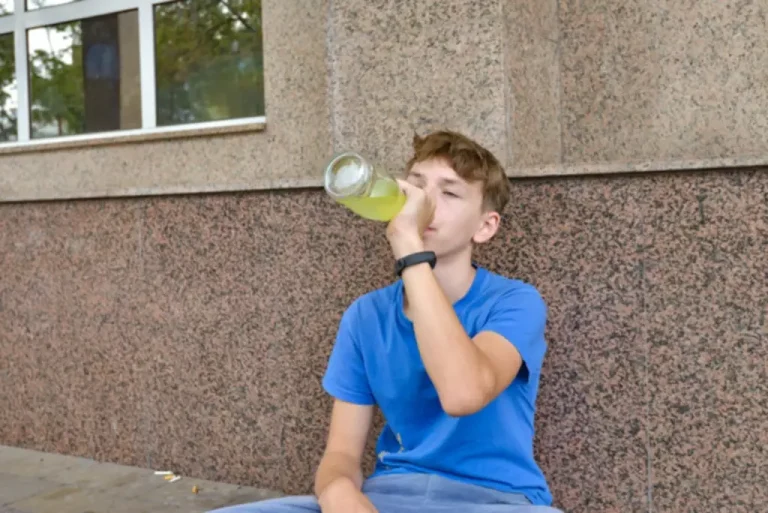
However, many criminal justice involved persons are required to abstain from substances as a condition of probation or parole. In those cases, HF might not offer sufficient support for abstinence and could put them at risk for relapse and re-incarceration (Polcin, 2016). The purpose of the paper is to describe criminal justice reform policy as it relates to drug offenses and highlight the important role that recovery residences can play in implementation of the reforms. The paper is not intended to be a comprehensive literature review of criminal justice reform, but selected literature is cited to describe the history and consequences of incarceration as a response to drug offenses and recently implemented alternatives to incarceration.
- In addition, there are questions needing to be addressed about the types of previously incarcerated persons who might do best in a residence designated for previously incarcerated persons versus a generic residence with a mix of different types of residents.
- Our work will need to include efforts to engage stakeholders, particularly policymakers, in discussions about the advantages of recovery residences for previously incarcerated persons.
- Her work as an educator and consultant is pivotal in advancing policies that address health disparities and support recovery from substance use disorders.
- National Alliance for Recovery Residences (NARR) is a leading nonprofit organization dedicated to expanding the availability of well-operated, ethical, and supportive recovery housing across the United States.
- NARR emphasizes ethical practices in the management and operation of recovery residences, advocating for integrity, fairness, and respect for all residents.
- Work on the NSTARR project is guided by 17 Study Experts who represent diverse recovery housing stakeholders.
Community

In addition, the issue of criminal justice reform has gained broad attention among diverse stakeholders, including lawmakers, faith leaders, and civil rights leaders, all of which has contributed to a more receptive political environment for criminal justice reform (Porter, 2017). As a result, efforts at local, state, and federal level are being made to reduce the population of inmates in prisons and jails. In a publication supported by the Sentencing Project (Porter, 2017) described a number of policy changes states are making. In 2011, California enacted a state law (AB109), which transitions persons in the state prison system to local jurisdictions, often with reduced incarceration periods (Lofstrom & Martin, 2015).
NARR Leadership

Her work as an educator and consultant is pivotal in advancing policies that address health disparities and support recovery from substance use disorders. At Temple University’s School of Social Work, Dr. Stewart’s role further enables her to recovery residence impact the next generation of social work professionals. NARR commits to upholding high operational standards for recovery residences, ensuring safe, healthy, and effective living environments that facilitate personal growth and recovery. By uniting with NARR, affiliates and providers become part of a national movement dedicated to enhancing the quality and accessibility of recovery housing. Together, we harness our collective strengths to build a more inclusive, supportive, and empowering recovery landscape. One of the advantages of level three residences (Mericle et al., 2015) is they offer a variety of on-site services to address resident needs and in some cases more actively work to connect residents to services they need in the community.

Health and Social Consequences

Recovery homes working towards inclusion on the registry must do so via accreditation by the Washington Alliance of Quality Recovery Residences. This policy statement is an official statement of the Society for Community Research and Action, Division 27 of the American Psychological Association, and does not represent the position of the American Psychological Association or any of its other Divisions or subunits.
In addition to affordability, housing for criminal justice populations needs to support abstinence from drugs and alcohol, access to needed services (e.g., medical, mental health, and job training) and development of a pro-social recovery lifestyle (Polcin, 2006). This document includes information on the history of recovery residences, types https://ecosoberhouse.com/article/alcohol-withdrawal-symptoms-stages-and-treatment/ of recovery residences, and the success of and issues faced by recovery residences. Chris Edrington has made significant contributions to the sobriety and recovery residence landscape. He founded St. Paul Sober Living and worked to create supportive recovery environments in Minnesota and Colorado, resulting in policy advancements within the industry. Chris is committed to improving the accessibility and quality of recovery residences nationally and has held leadership positions in co-founding NARR and serving as Past President of the Minnesota Association of Sober Homes. Chris’s approach to “Social Selling,” fostering genuine community relationships within the recovery sphere, mirrors his belief in transformative engagement.

